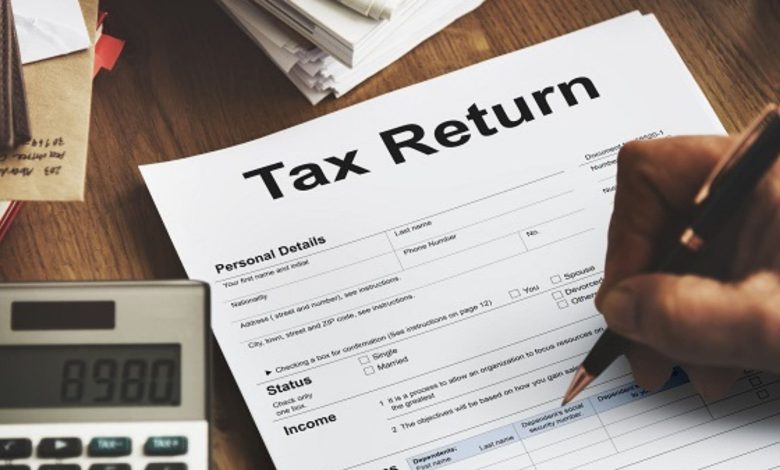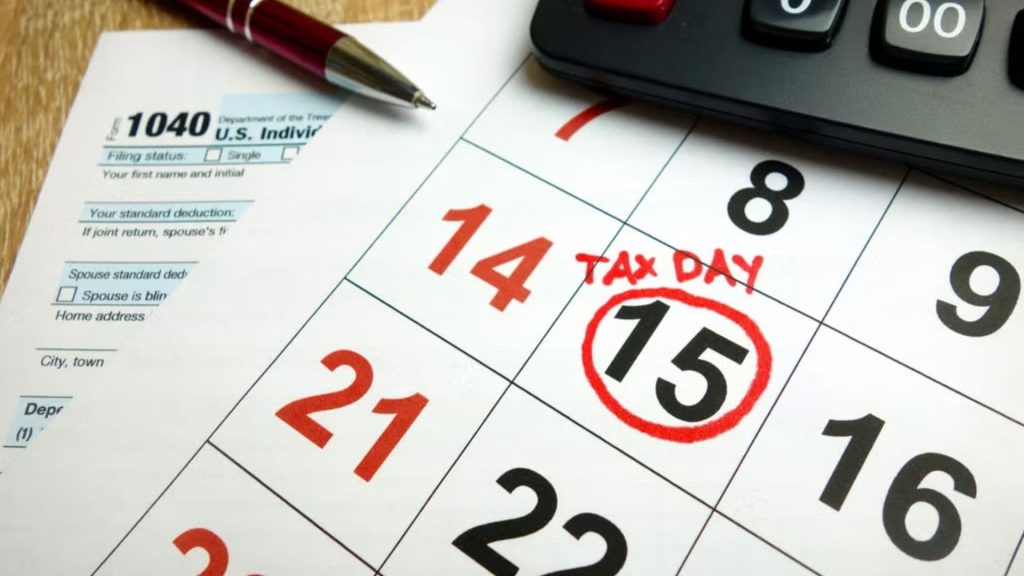
The individual tax return deadline is one of the most important dates on the financial calendar for anyone who files a federal income tax return in the United States. For the 2024 tax year, the official individual tax return deadline is April 15, 2025. This means all calendar year filers-most individuals-must submit their tax returns and pay any taxes owed to the IRS by this date to avoid penalties and interest. If April 15 falls on a weekend or legal holiday, the deadline is moved to the next business day, but in 2025, it lands on a Tuesday. Filing on time is crucial, whether you’re submitting your return electronically or mailing a paper copy, and the IRS considers your return on time if it is postmarked or electronically transmitted by the due date. For those who need more time, you can request an automatic six-month extension, but remember: an extension to file is not an extension to pay, so any taxes owed are still due by April 15.
Key Dates for Individual Tax Returns
- Federal Tax Day: April 15, 2025, is the deadline for filing your 2024 individual income tax return and paying any taxes owed.
- IRA & HSA Contributions: April 15, 2025, is also the last day to make contributions to your IRA or HSA for the 2024 tax year.
- Extension Deadline: If you file for an extension using Form 4868, your new deadline to submit your tax return is October 15, 2025-but you must still pay any taxes owed by April 15 to avoid penalties and interest.
- Disaster Relief: Taxpayers affected by certain federally declared disasters may have extended deadlines. For example, some residents affected by hurricanes in 2024have until May 1, 2025, to file and pay taxes.

What If You Miss the Individual Tax Return Deadline?
If you miss the April 15 deadline and haven’t filed for an extension, you may face late filing penalties and interest on any unpaid taxes. The IRS encourages anyone who hasn’t filed to do so as soon as possible to minimize penalties. If you’re due a refund, there’s generally no penalty for filing late, but you’ll want to file promptly to claim your money.
How to Get an Extension?
If you can’t file by April 15, you can request an automatic six-month extension by submitting Form 4868 by the original deadline. Remember, this extension only gives you more time to file your return, not to pay any taxes owed. You should estimate and pay any taxes due by April 15 to avoid penalties and interest.
Special Rules for Military and Disaster Victims
- Military: Members of the Armed Forces serving in a combat zone or contingency operation have at least 180 days after leaving the zone to file and pay taxes.
- Disaster Relief: The IRS may grant additional time to file and pay taxes for those affected by federally declared disasters. Always check the IRS website for the latest updates on disaster-related extensions.

Tips for Meeting the Individual Tax Return Deadline
- File early to avoid last-minute issues.
- Double-check your information to prevent errors that could delay your refund.
- Use e-file and direct deposit for the fastest processing.
- If you need more time, file Form 4868 before April 15.
FAQs
What is the individual tax return deadline for 2025?
The deadline to file your 2024 individual tax return is April 15, 2025.
Can I get more time to file my taxes?
Yes, you can request a six-month extension to file by submitting Form 4868 by April 15, but any taxes owed are still due by the original deadline.
What happens if I file my tax return late?
You may face penalties and interest on any unpaid taxes if you file or pay after the deadline without an approved extension.
Do military members get extra time to file?
Yes, service members in combat zones generally have at least 180 days after leaving the zone to file and pay taxes.